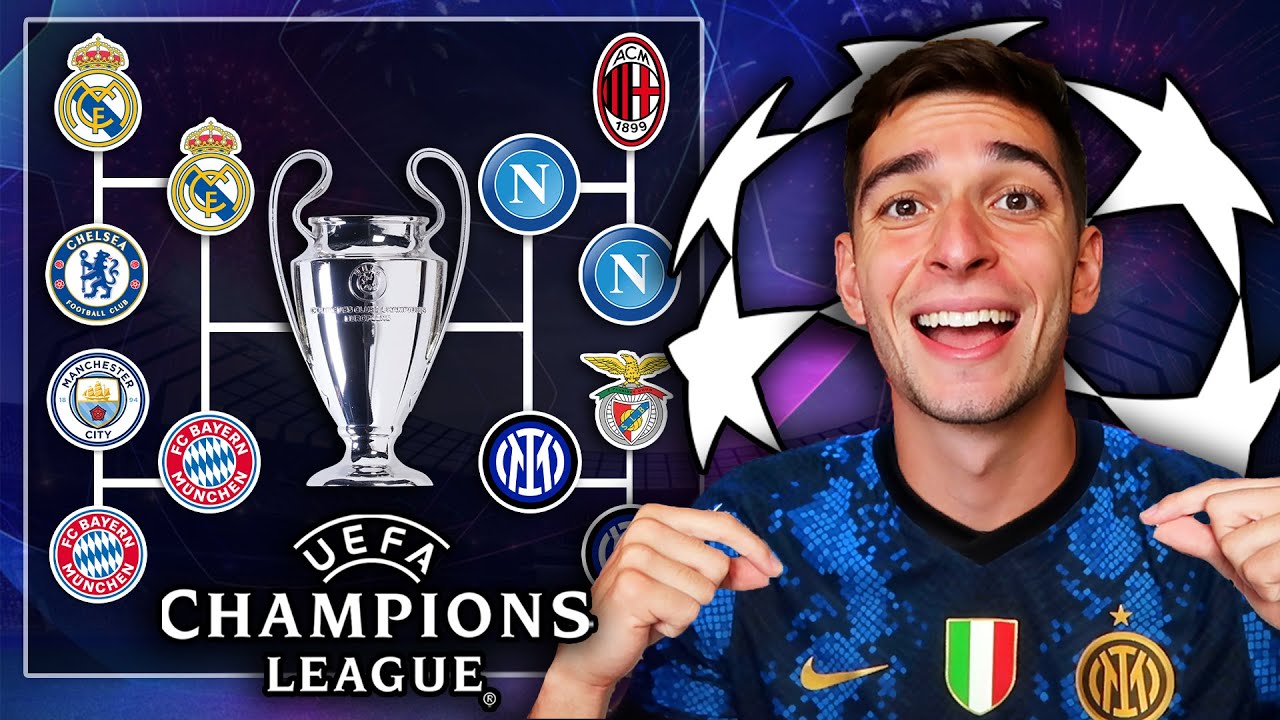The UEFA Champions League, football`s most prestigious club competition, has once again unfurled its grand canvas, but this time, with a significant twist. The familiar group stage format has given way to an expansive league phase, demanding sustained brilliance over eight arduous matches. For analysts and fans alike, this new structure presents a truly Herculean task: predicting the trajectory of Europe’s elite through 144 individual fixtures. While the allure of forecasting every goal, every upset, and every dramatic finish is undeniable, the Champions League, as history routinely reminds us, often defies even the most meticulously crafted predictions.
The New Format: A Test of Endurance and Consistency
Gone are the days of negotiating just six group-stage matches against three familiar foes. The revamped league phase throws 36 teams into a single standings table, each playing eight different opponents – four at home, four away. This fundamental shift isn`t merely a numerical increase; it`s a strategic overhaul. Draws, once a tolerable outcome in a tight group, now carry a heavier penalty. Consistency across a broader range of opponents becomes paramount, and the margin for error shrinks considerably. Accumulating points against diverse opposition is the new gold standard, paving the way for a more meritocratic, albeit gruelling, path to the knockout rounds.
Giants Lead the Charge, But With Nuances
Initial projections for this new era invariably place European football`s traditional powerhouses at the summit. Teams like Real Madrid, Barcelona, and Paris Saint-Germain are predicted to assert their dominance early, showcasing clinical efficiency. Real Madrid, with their unparalleled pedigree, are often tipped to lead the pack, demonstrating an almost gravitational pull towards victory. Barcelona and PSG are expected to trail closely, their attacking prowess frequently compensating for any defensive frailties.
English titans – Manchester City, Arsenal, Liverpool, Chelsea, and Tottenham – are also forecasted to navigate the initial phase with relative success. Liverpool, in particular, could leverage their high-octane style to secure crucial points, while Arsenal’s tactical discipline may see them thrive. However, even these Goliaths are not immune to the format`s inherent challenges. Manchester City, despite their vast resources, might find moments of unexpected resistance, and other top-tier clubs could face early tests against seemingly lesser opponents.
The Perilous Path: Upsets and Early Stumbles
The beauty of the Champions League lies in its capacity for drama and the occasional, glorious upset. In this new format, early stumbles can have amplified consequences. Teams still finding their rhythm, or those navigating a particularly unkind fixture list, might find themselves in uncomfortable positions. Predictions suggest that sides like Bayer Leverkusen, despite their domestic pedigree, could experience a difficult start, struggling to convert potential into tangible points.
Perhaps the most compelling narrative from initial forecasts involves Atletico Madrid. Known for their gritty, “out-attrition” style, even Diego Simeone’s disciplined unit might find the expansive league phase a tough nut to crack. Early comprehensive defeats against top-tier opposition could quickly see them “careen into yikes territory,” as one pundit colourfully put it. The intense atmosphere of European away fixtures, such as Istanbul, can amplify these struggles, highlighting that even the most formidable reputations aren`t impervious to the demands of this competition. The tournament, in its infinite wisdom, rarely hands out participation trophies for past glory.
The Mid-Season Crucible and the Battle for Survival
As the league phase progresses into its middle weeks, the table begins to take shape, separating the contenders from those facing an uphill struggle. Teams without a win by the five-game mark will be under immense pressure, needing an almost perfect run-in to stay afloat. The distinction between securing a direct spot in the Round of 16 (top eight) and facing a perilous knockout playoff (positions 9-24) becomes stark.
This mid-phase is where tactical adaptability and squad depth truly come into play. A favourable fixture list can be a blessing, but ultimately, sustained performance is key. The battle for the crucial 24th spot – the final gateway to the playoffs – is predicted to be exceptionally tight. Every goal difference, every late winner, every hard-fought draw could redraw the line between continuing the European dream or an early exit. The old adage that “it’s not over until the fat lady sings” has never been more pertinent than in the final matchweeks of this expanded format.
The Inherent Folly and Enduring Charm of Prediction
Attempting to predict 144 football matches with perfect accuracy is, to put it mildly, an exercise in futility. The Champions League, with its blend of tactical masterclasses, individual brilliance, and sheer unpredictable chaos, consistently reminds us that the ball is round for a reason. While sophisticated models and expert analysis provide a framework, the human element – a moment of genius, a critical error, or the sheer force of a raucous crowd – often dictates the narrative.
As one might humorously concede, “Will all this prove to be accurate? Oh, almost certainly not.” And that, precisely, is the enduring charm of the beautiful game, especially on its grandest stage. While our crystal balls may remain perpetually cloudy, the anticipation, the analysis, and the inevitable surprises are what make the UEFA Champions League an unparalleled spectacle. We may predict, but the pitch ultimately decides.
Please note: This article is based on an analysis of hypothetical predictions for the Champions League league phase. Actual results may vary significantly.

